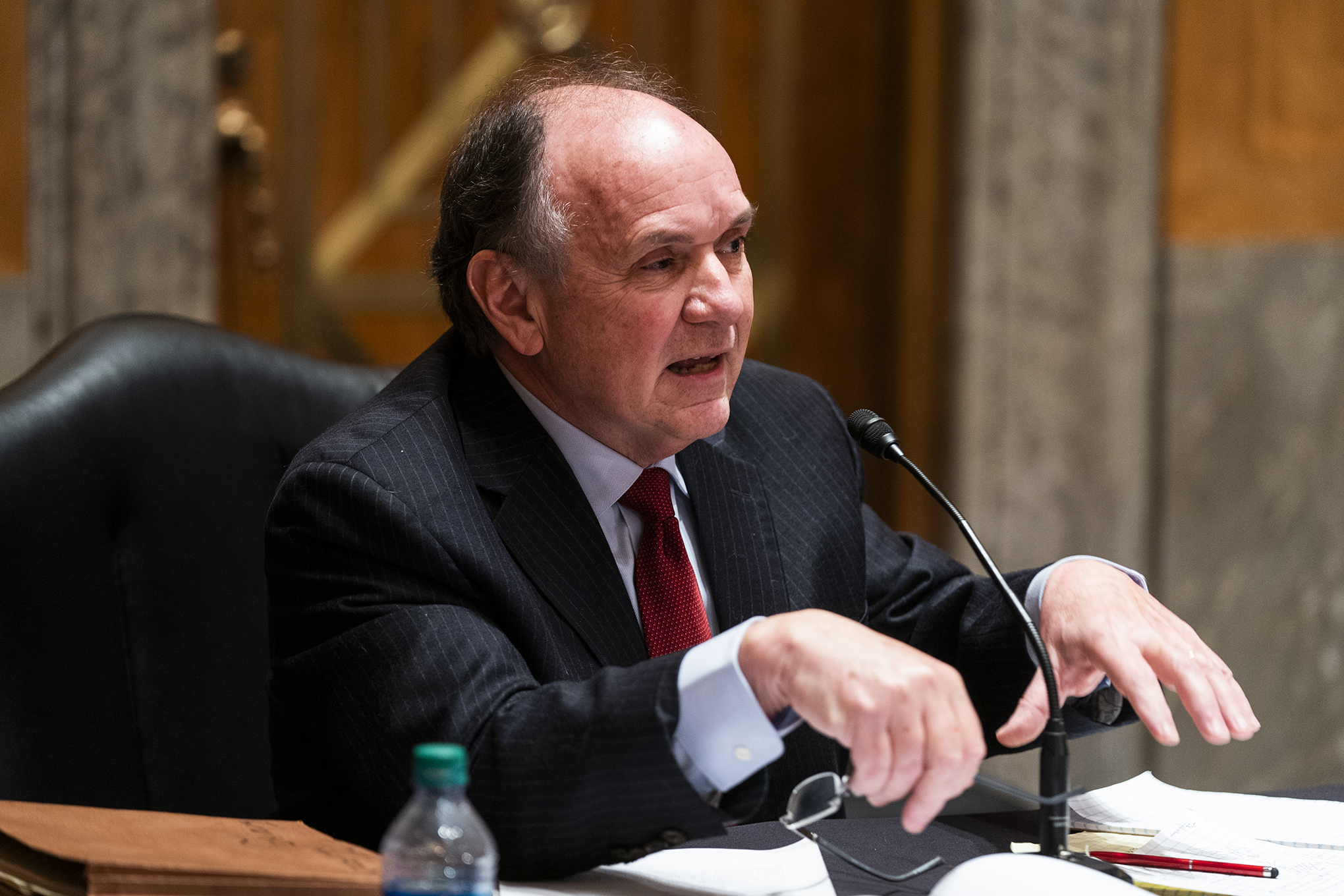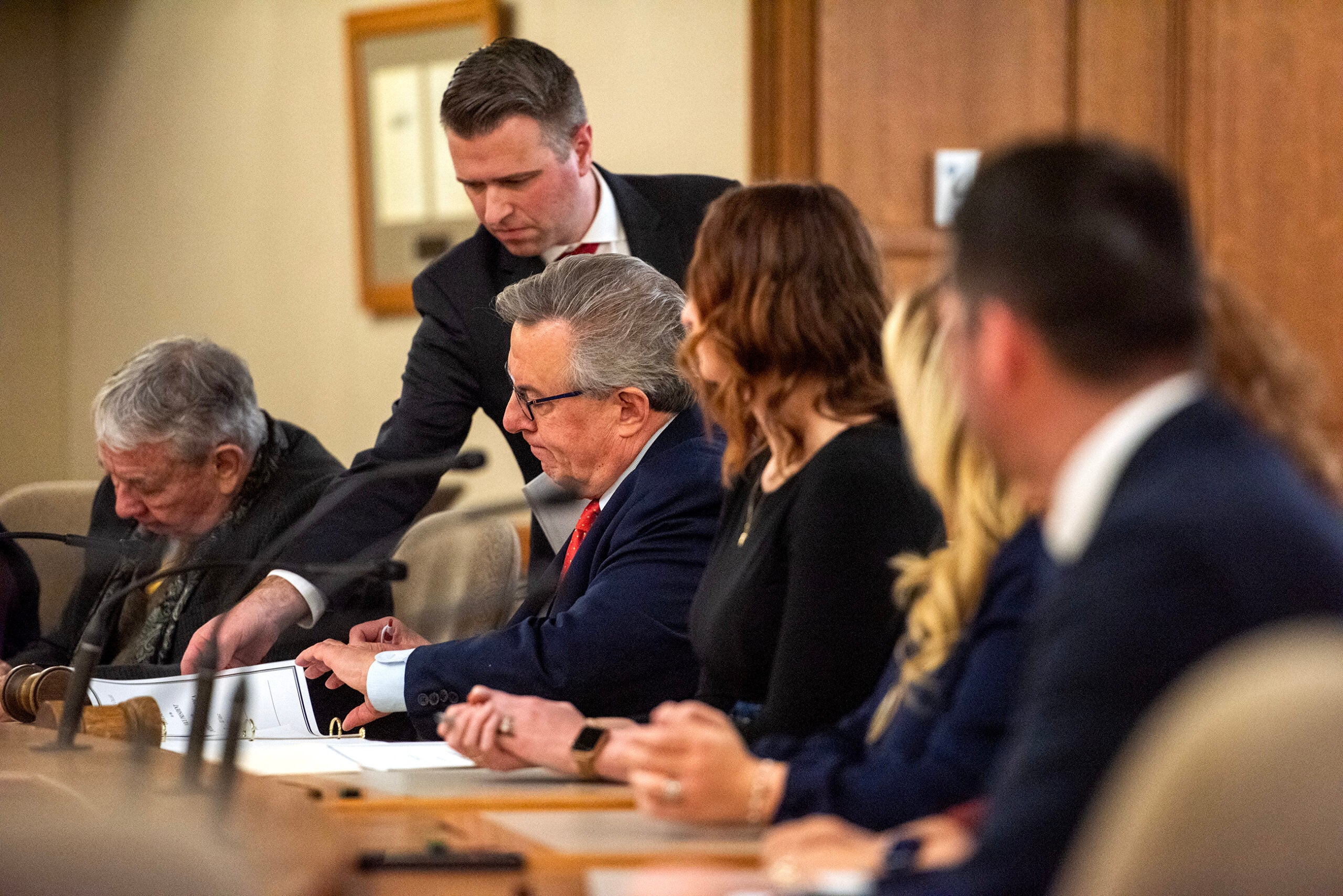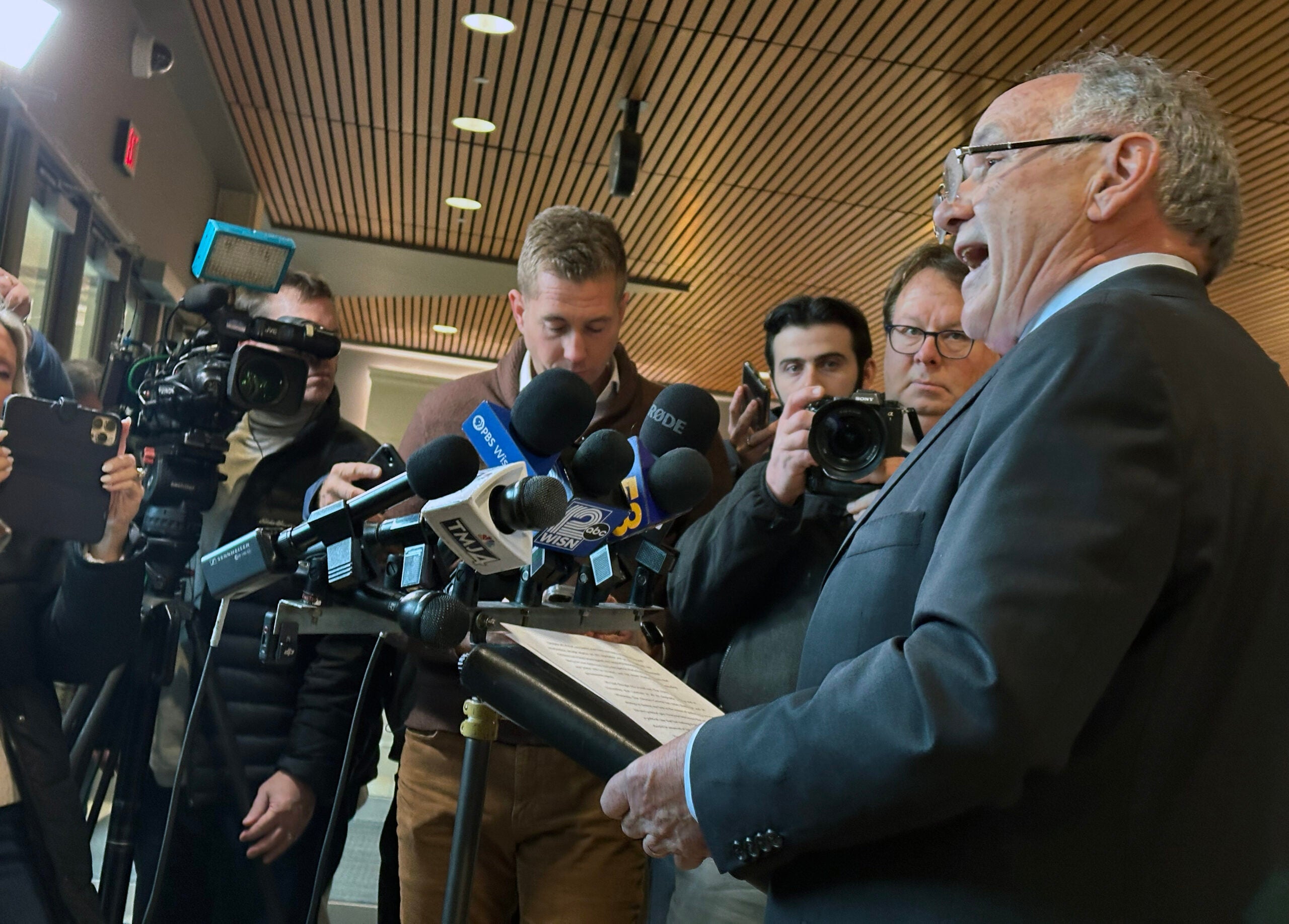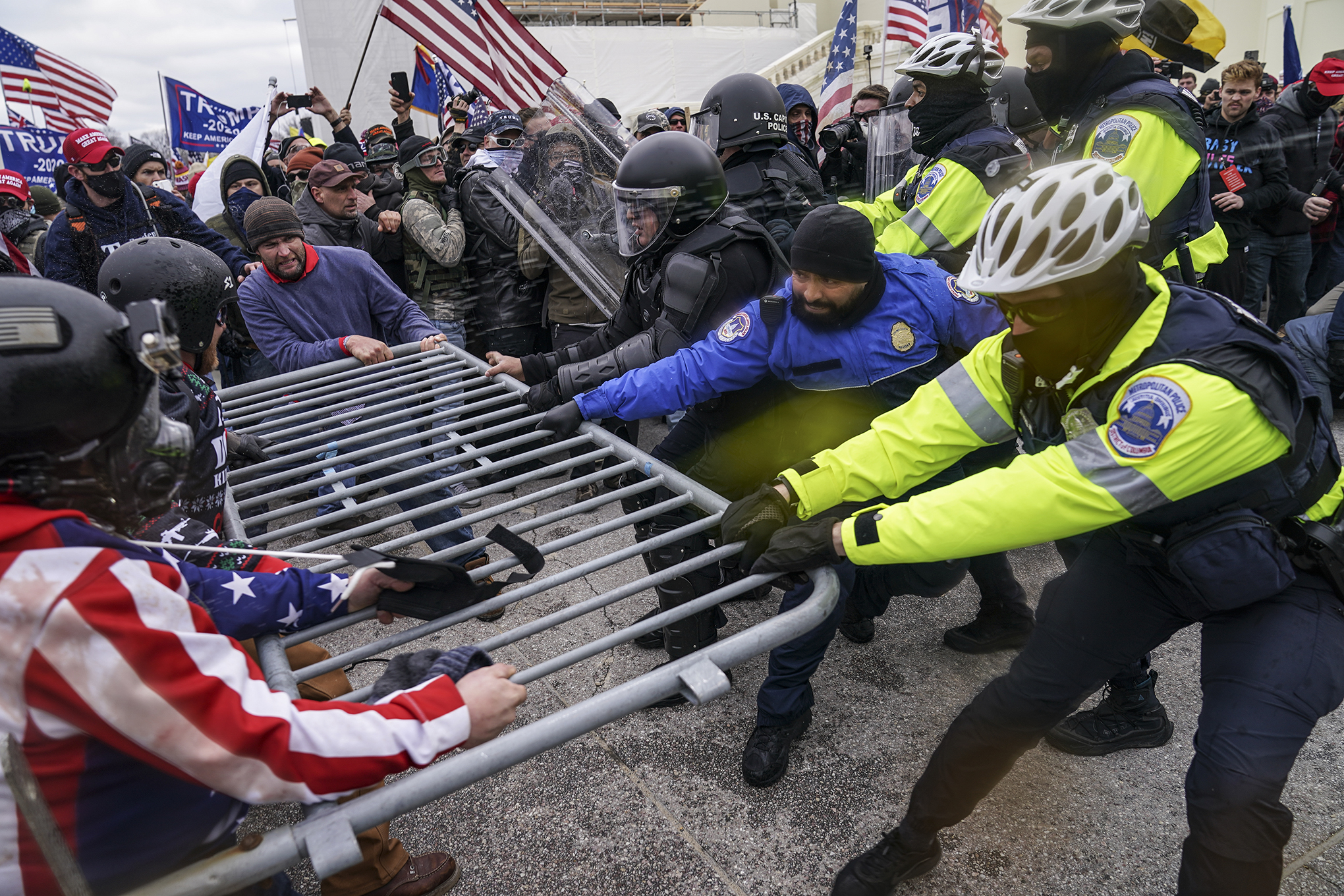Democratic Attorney General Josh Kaul has filed 10 additional felony charges against two Republican attorneys behind the false elector scheme aimed at overturning the 2020 presidential election.
The new charges allege longtime Wisconsin GOP attorney Jim Troupis, Kenneth Chesebro and 2020 Donald Trump campaign official Mike Roman defrauded Republicans who cast alternate electoral ballots for Trump.
The amended complaint builds on a criminal case filed in June alleging Troupis, Chesebro and Roman forged paperwork signed by 10 Republicans posing as presidential electors in December 2020 claiming President-elect Donald Trump won Wisconsin, even though he narrowly lost.
The 10 additional felony charges allege the three men lied to the Wisconsin Republicans who met at the state Capitol on Dec. 14, 2020 about how the certificate they signed would be used.
It claims most of those who signed what the Wisconsin Department of Justice calls an “Unappointed Elector Certificate” told investigators they didn’t think their signatures would be submitted for Congress to certify on Jan. 6, 2021 unless a state or federal court had ruled in favor of Trump campaign lawsuits attempting to overturn Biden’s victory.
“In interviews with law enforcement, the majority of the Unappointed Electors stated that they did not consent to having their signatures presented as if they conveyed Wisconsin’s electoral votes without a court ruling to that effect,” read the complaint by the state DOJ.
On Dec. 6, 2023, Troupis, Chesebro and Wisconsin’s 10 false electors admitted their actions were “part of an attempt to improperly overturn the 2020 presidential election results” as part of a settlement with Democrats who filed a civil suit the year before.
Stay informed on the latest news
Sign up for WPR’s email newsletter.
Each of the felony counts could result in fines of up to $10,000 and up to six months in prison.
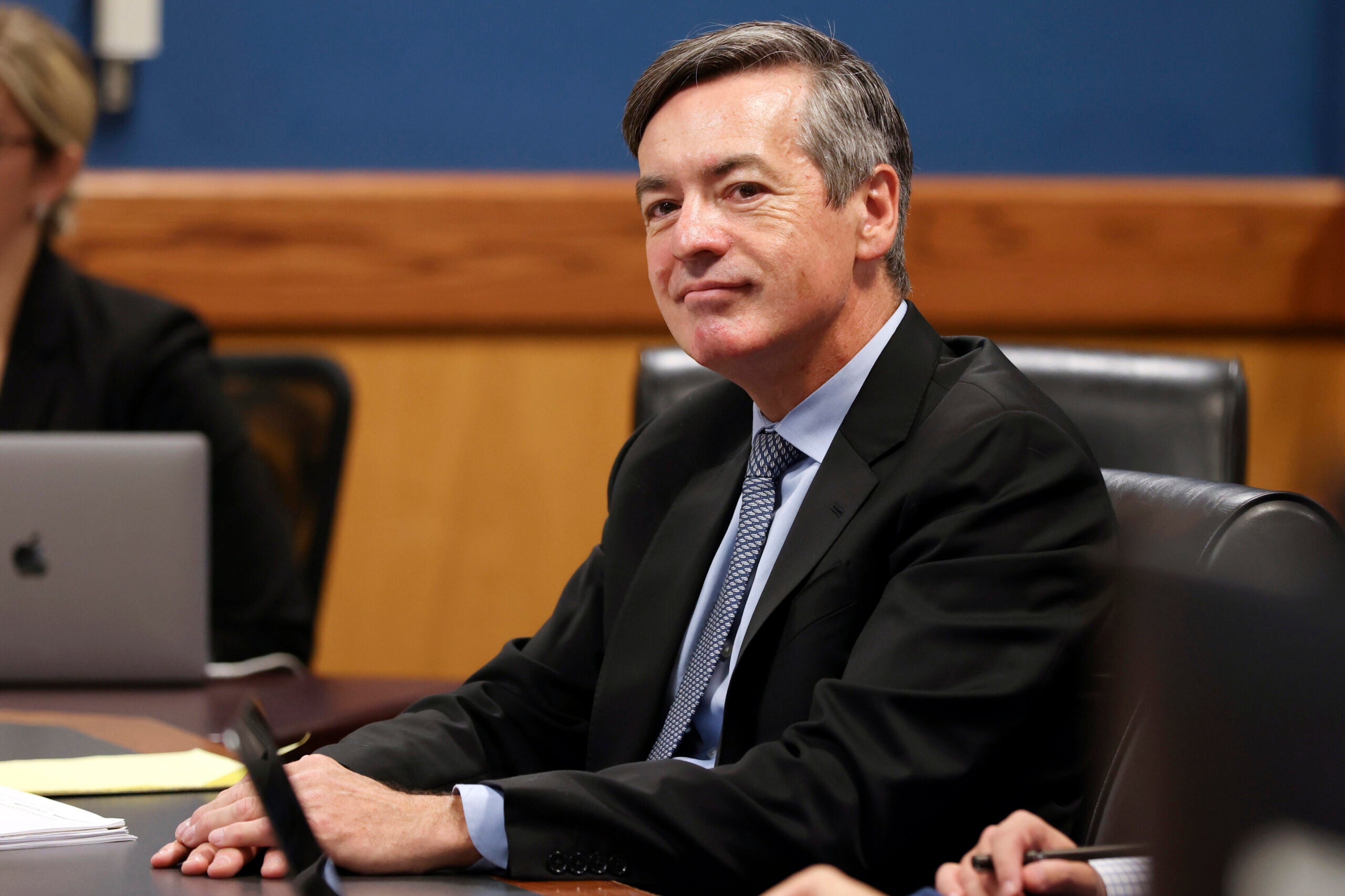
Wisconsin was genesis of false elector plot
Wisconsin was the genesis of the 2020 Trump campaign’s false elector plot. Court documents and records obtained through a settlement with Wisconsin’s 10 false electors show the initial plan was to use the alternate slates of electors as a type of insurance so that Trump’s electors in Wisconsin and other swing states could be certified by Congress if courts ruled in his favor. That plan evolved when Chesebro later told Troupis the alternate slates should be submitted to Congress “even if there is no litigation pending on Jan. 6.”
Three days after Wisconsin’s false electors cast their votes for Trump, Chesebro told Roman the federal Electoral Count Act “can be weaponized” in order to put Biden’s campaign “in a no-win situation” on Jan. 6. He said then-Vice President Mike Pence could refuse to certify electoral valid electoral ballots from seven states, though he said Pence “throwing a wrench into the Electoral Count Act Process seems even less plausible than before, for both legal and political reasons.”
Pence didn’t act on the plan despite pressure from Trump. In a text message to Troupis on Jan. 7, 2021, Chesebro blamed the deadly riot at the U.S. Capitol the day before on Pence refusing to “press the envelope or create a test case” with regard to the alternate slates of electors from Wisconsin and other states.

Troupis says case must be dismissed
Troupis has filed four motions to dismiss the criminal charges against him ahead of Thursday’s initial appearance. In them, he claims the DOJ has failed to show probable cause that any crimes were committed because the alternate electors had to cast their ballots in case courts ruled in Trump’s favor and Troupis notified the Wisconsin Supreme Court of the plan.
A brief supporting the first two motions claims the certificate signed Dec. 14 was exactly what it purported to be.
“It’s precisely what it purports to be—the votes for the President of the United States by the electors who signed the ballot,” Troupis’ brief states. “The signatories all agree that’s their name. It’s their signatures. Everyone agrees it was executed on the date and time it says: noon at the Capitol on December 14.”
The brief also draws a line between what Troupis’ attorneys call “legitimate Wisconsin claims” through state courts and a petition to the U.S. Supreme Court from efforts by other Trump attorneys including Rudy Giuliana, Sidney Powell and Jenna Ellis, and claims Troupis was part of “Team Normal.”
Troupis also argues the criminal case can’t proceed because Kaul has “refused to abide by the Legislature’s demand” that any election-related criminal charges have to be referred by the Wisconsin Elections Commission or a local district attorney.
“Because those protections are essential aspects of the statutory procedure, the State’s failure to comply with them robs this Court of its competence to go forward with the case,” Troupis said.
In 2022 and 2023, the bipartisan elections commission twice unanimously rejected a complaint urging the WEC to investigate the false electors actions and find that state law was broken.
Wisconsin Public Radio, © Copyright 2025, Board of Regents of the University of Wisconsin System and Wisconsin Educational Communications Board.
